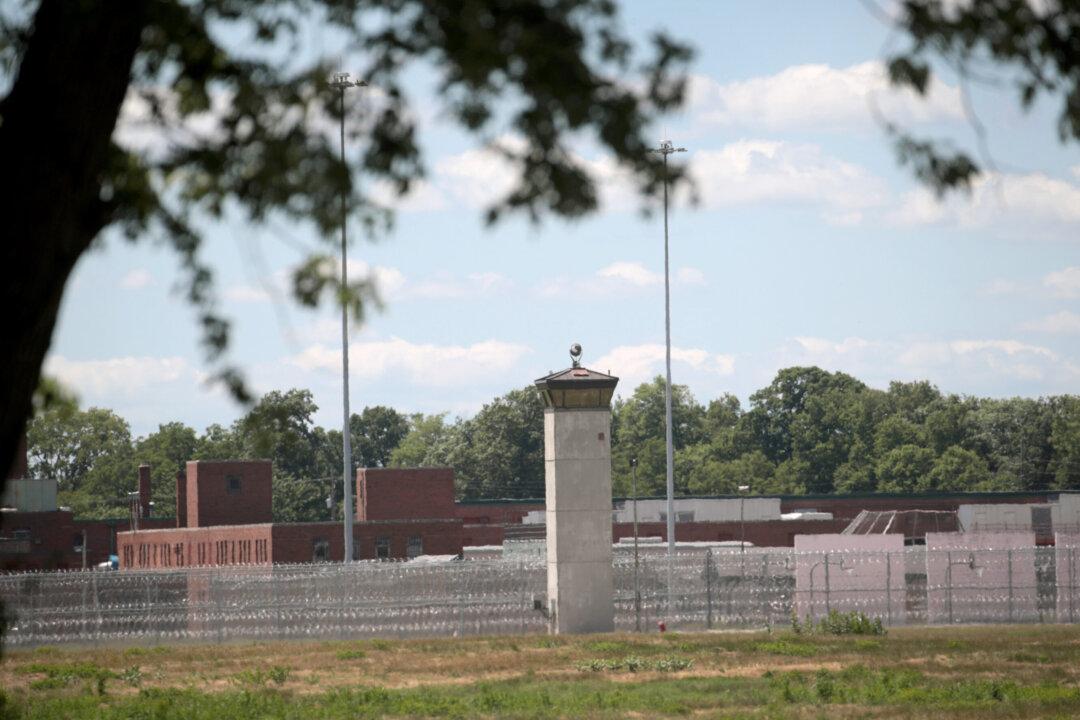A federal judge on Aug. 27 blocked the execution of a convicted murderer who kidnapped and killed a 10-year-old girl, just one day before the event was scheduled to take place.
U.S. District Judge Tanya Chutkan halted the execution of Keith Dwayne Nelson, saying that the government needs to comply with the requirements of a federal law that regulates drugs before they can carry out the execution. Chutkan ruled that the government needed to obtain a prescription for the use of pentobarbital, the drug to be used in the lethal injection, in order to meet the requirements of that law.




